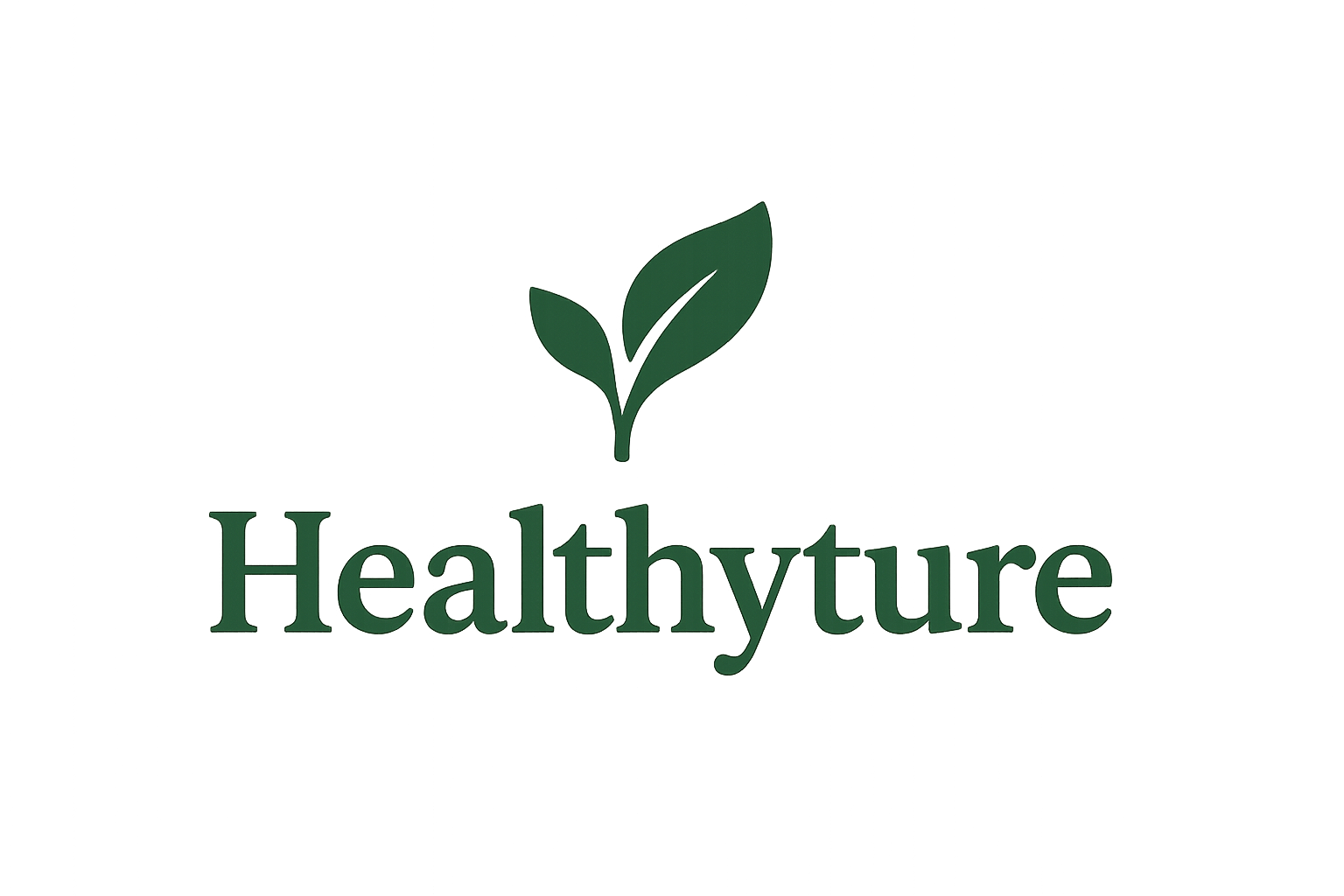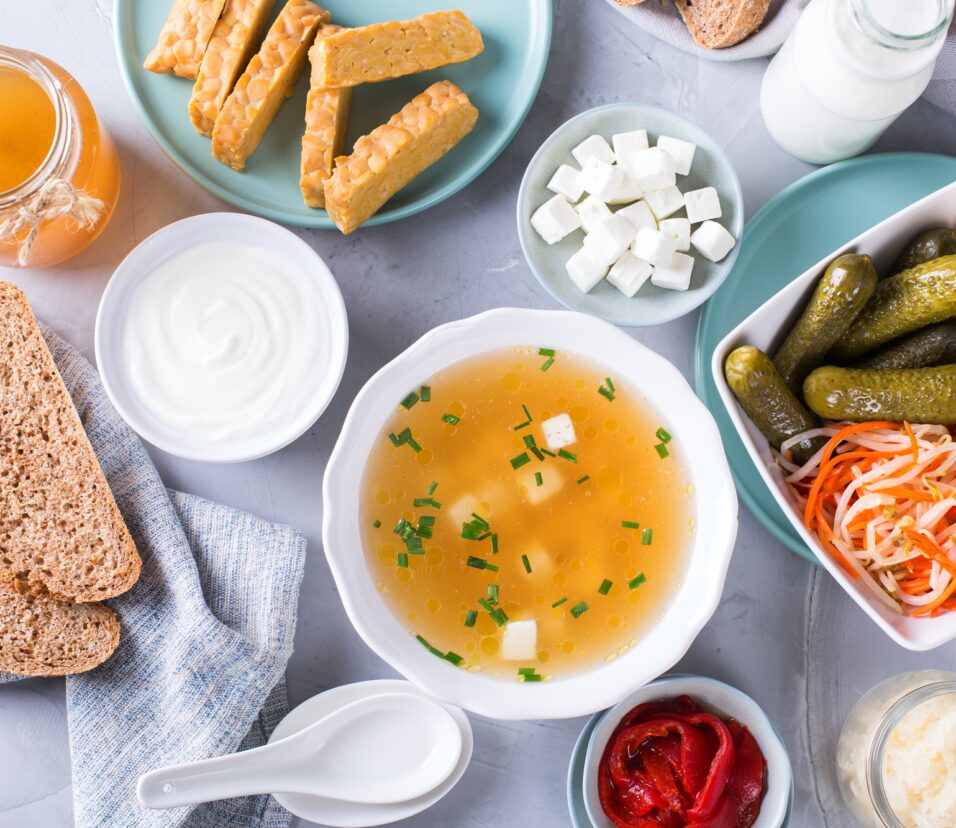Introduction
When it comes to living a healthier, stronger, and longer life, two factors play the biggest roles: Fitness & Nutrition. Together, they form the foundation of a balanced lifestyle — one that not only helps you lose weight and build muscle but also improves your mental clarity, energy levels, and overall well-being.
Unfortunately, many people focus on just one part of the equation. Some spend hours at the gym but neglect their diet. Others follow strict diets but remain inactive. The truth is, fitness and nutrition are interconnected — you can’t achieve your best results without combining them.
In this guide, we’ll break down everything you need to know about fitness and nutrition for beginners and beyond:
- ✅ Why fitness and nutrition must work together
- ✅ Best workouts for different goals
- ✅ How to create a sustainable meal plan
- ✅ Science-backed tips for fat loss and muscle gain
- ✅ Common mistakes and how to avoid them
- ✅ FAQs to guide your journey
By the end of this article, you’ll have a complete roadmap to a healthier, fitter, and more energized version of yourself.
🔹 The Connection Between Fitness & Nutrition
Fitness and nutrition are like two sides of the same coin. One cannot exist effectively without the other.
- Fitness without nutrition: You may burn calories, but poor eating habits will cancel out your progress.
- Nutrition without fitness: You may lose weight, but without exercise, you’ll lack strength, stamina, and tone.
👉 Together, they create synergy: fuel from nutrition powers your workouts, while exercise improves how your body uses and stores energy.
🏋️ Fitness: Building Strength, Endurance & Health
1. Benefits of Regular Exercise
- Improves cardiovascular health
- Builds lean muscle and burns fat
- Boosts mood and reduces stress
- Increases flexibility and mobility
- Strengthens bones and joints
- Enhances metabolism and energy levels
2. Types of Fitness Training
- Cardio (Aerobic Exercise): Running, cycling, swimming → improves heart health & burns calories.
- Strength Training: Weightlifting, resistance bands, bodyweight exercises → builds muscle and bone density.
- Flexibility Training: Yoga, stretching → prevents injuries & improves posture.
- Functional Fitness: Movements that mimic real-life activities → improves balance, coordination, and mobility.
3. How Much Exercise Do You Need?
- Beginners: 3–4 sessions per week (30–40 minutes)
- Intermediate: 4–5 sessions per week
- Goal-specific:
- Fat Loss → Mix of cardio + strength (HIIT works great)
- Muscle Gain → Strength training with progressive overload
- General Health → Balanced mix of cardio, strength, and mobility
🥗 Nutrition: Fueling Your Body the Right Way
1. Why Nutrition Matters
Think of your body like a car. Exercise is the engine, but food is the fuel. The better the fuel, the better the performance.
Good nutrition:
- Provides energy for workouts
- Aids muscle recovery and repair
- Helps in fat loss and weight management
- Prevents chronic diseases
- Improves mental health
2. The Building Blocks of Nutrition
- Protein: Essential for muscle repair and growth. Sources: chicken, fish, eggs, tofu, beans.
- Carbohydrates: Primary energy source. Sources: oats, rice, quinoa, fruits, sweet potatoes.
- Healthy Fats: Support hormones and brain health. Sources: nuts, seeds, avocado, olive oil.
- Vitamins & Minerals: Boost immunity and bodily functions. Found in vegetables, fruits, whole foods.
- Water: Critical for hydration, digestion, and metabolism.
3. Meal Timing & Portion Control
- Pre-Workout Meal: Carbs + protein for energy (banana + peanut butter, oatmeal + eggs).
- Post-Workout Meal: Protein + carbs for recovery (chicken + rice, protein smoothie).
- Daily Habit: Eat smaller, balanced meals every 3–4 hours to maintain energy.
⚖️ Fitness & Nutrition for Different Goals
🔥 For Fat Loss
- Workout: Strength + HIIT cardio (3–5 times/week)
- Nutrition: Calorie deficit + high protein + low processed sugar
💪 For Muscle Gain
- Workout: Progressive strength training (4–5 times/week)
- Nutrition: Calorie surplus + high protein + healthy carbs
🧘 For General Health & Energy
- Workout: Mix of cardio, yoga, and strength
- Nutrition: Balanced whole-food diet with moderation
🚫 Common Mistakes to Avoid
- ❌ Starving yourself for fat loss
- ❌ Overtraining with no recovery
- ❌ Following “fad diets” with no balance
- ❌ Ignoring hydration
- ❌ Comparing your progress with others
✅ 7 Actionable Tips to Improve Fitness & Nutrition
- Start small — consistency beats intensity.
- Plan meals ahead to avoid unhealthy snacking.
- Stay hydrated (2–3 liters/day).
- Prioritize protein in every meal.
- Do at least 20–30 minutes of movement daily.
- Track your progress (journal, app, or photos).
- Sleep 7–9 hours for recovery.
📌 Sample Beginner-Friendly Weekly Plan
🏋️ Fitness Plan
- Day 1: Full Body Strength (bodyweight squats, push-ups, planks)
- Day 2: Cardio (walking/jogging, 20–30 mins)
- Day 3: Rest or yoga
- Day 4: Strength (dumbbells, resistance bands)
- Day 5: Cardio (cycling, HIIT intervals)
- Day 6: Active recovery (stretching, swimming)
- Day 7: Rest
🥗 Nutrition Plan
- Breakfast: Oatmeal with berries & almonds
- Snack: Apple + peanut butter
- Lunch: Grilled chicken + quinoa + salad
- Snack: Greek yogurt + nuts
- Dinner: Salmon + sweet potato + steamed vegetables
❓ FAQs About Fitness & Nutrition
1. Can I lose weight with just diet?
Yes, but combining exercise with nutrition ensures fat loss while preserving muscle.
2. Do I need supplements?
Not necessary for beginners. A balanced diet works, but protein powder or multivitamins can help.
3. How long until I see results?
With consistency, beginners see results in 6–12 weeks.
4. Can I work out every day?
No — rest is as important as training. Aim for 3–5 days/week.
5. What’s better: low-carb or balanced diet?
Balanced diet wins long-term. Low-carb may work short-term but isn’t sustainable for most.
Lorem ipsum dolor sit amet, consectetur adipiscing elit. Nibh vel sed amet, ut adipiscing elit fermentum. Orci, feugiat ullamcorper molestie maecenas tincidunt









Leave feedback about this